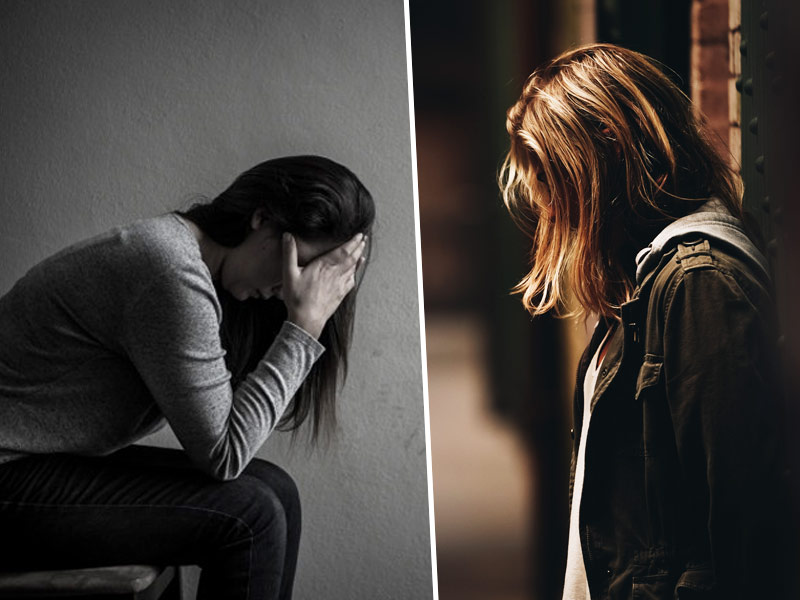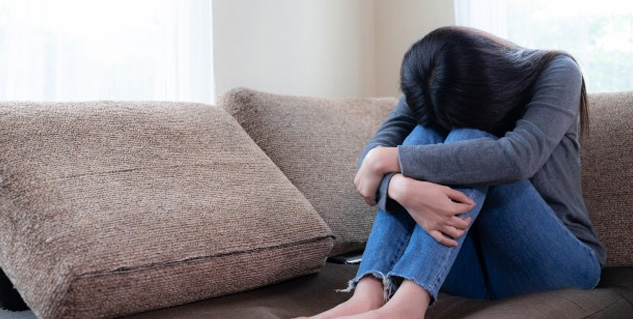
Making mistakes is a normal part of our human experience. Regret is generally what you feel after making a mistake. From some, you learn and forget, while others can have a greater impact, inducing a feeling of guilt. And we all know what that feels like. You might feel a twist in your stomach along with thoughts racing in your mind about how you could have done things better. You might also feel the pain of hurting someone or making a mistake that might have a considerable impact on your life. Although guilt can help you in a way that it makes you remember the mistake you made much longer than you would have otherwise. However, too much guilt can make you anxious and stressed out, both of which are associated with poor mental health. A question that arises here is: can guilt turn into depression? And if the answer is yes, are there any ways to manage it? To get an answer to this question, Onlymyhealth spoke to Dr Manish Kumar, Consultant, Psychiatry at Paras HMRI Hospital, Patna.
Table of Content:-
Can Guilt Turn Into Depression?
Yes, the feeling of guilt has the potential to turn into depression if the feeling is “excessive and persistent,” Dr Kumar said. Hence, if you too are troubled with this feeling, what you need is to manage it to prevent it from getting worse. And yes, there are ways to manage it. Before we look at some of them, let us know the signs associated with the feeling of guilt.
What Are The Symptoms Of Guilt?

(Photo Credit: Freepik)
If you are guilt-ridden, you might experience the following signs and symptoms:
- Worthlessness: You might feel you aren’t worth anything.
- Helplessness: Guilt can also induce a feeling of helplessness.
- Lack Of Confidence: When you are guilty, you might be too occupied with the feeling or might be too cautious to not make a mistake. The feeling of guilt can have a considerable impact on your confidence.
- Low Mood: This is another symptom of guilt.
As you already know, guilt can turn into depression. It happens when the feeling of guilt is excessive and long-lasting, which in turn leads to a feeling of helplessness or hopelessness along with negative cognition. This can ultimately turn into depression, Dr Kumar explained.
Also read: Do Not Man Up: How Men Can Deal With Depression
Signs Of Depression

(Photo Credit: Freepik)
While suffering from depression, a person experiences the following signs:
- Low mood
- Lack of interest in activities that the person enjoyed earlier
- Tiredness
- Lack of concentration
- Altered sleep and appetite
- Memory issues
- In severe cases, it can trigger suicidal thoughts
If you experience any of the above symptoms, it’s better to consult a mental health professional. Although chances are you might not have depression, it never hurts to go for regular health check-ups. Early diagnosis ensures prompt treatment, which is good for a better recovery.
Also read: Consuming Magic Mushroom Might Save You From Depression: Study
How To Deal With Guilt & Prevent It From Turning Into Depression?
Let’s first know how to deal with guilt:
- “Guilt resolution is a gradual process,” said Dr Kumar.
- “It starts with realistic association with the event/thought process and guilt, making you think about the process,” he added.
- Forgiving and relaxation therapy work well.
- In some cases, the medical management of symptoms might be warranted.
That you have some idea on how to deal with guilt, let us now look at how to prevent the feeling from turning into depression:
- The first step should be the identification & rationalisation of the thought process, Dr Kumar said.
- Have a realistic approach regarding the guilt-provoking event.
- Make amendments in negative cognition.
- Replace negative self-talk with self-compassion.
- The generalization of the event can also be one strategy, Dr Kumar said.
So, as you can see, guilt has the potential to turn into depression. What you need to do is to have a realistic approach regarding the guilt-triggering event and follow other ways to prevent the feeling from turning into such a serious mental health disorder.
(With inputs from Dr Manish Kumar, Consultant, Psychiatry at Paras HMRI Hospital, Patna)
Photo Credit: Freepik
Also watch this video
How we keep this article up to date:
We work with experts and keep a close eye on the latest in health and wellness. Whenever there is a new research or helpful information, we update our articles with accurate and useful advice.
Current Version